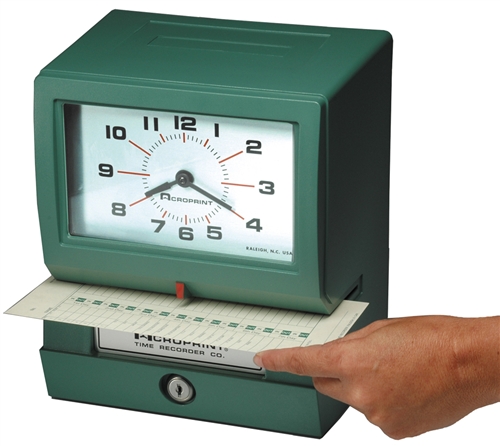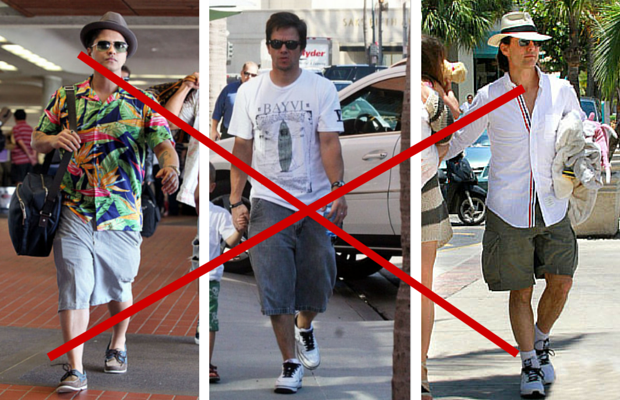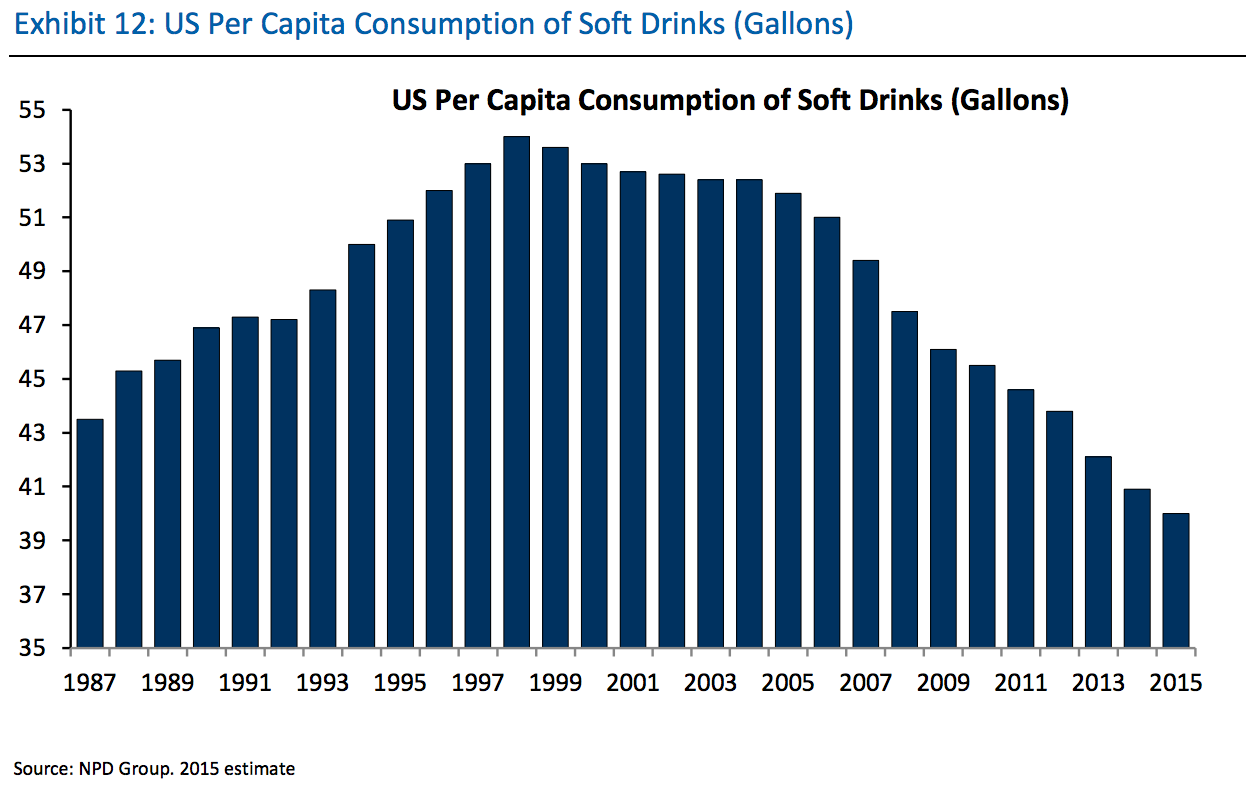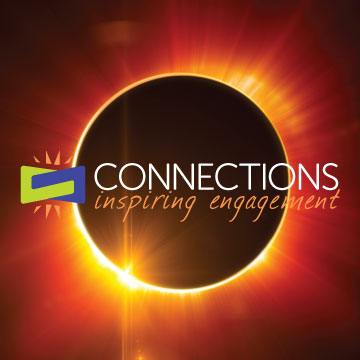A week or so ago I wrote about how France is considering placing a ban of sorts on after-hours email - the idea that people/workers are working too many hours as it is, and they should have the right to ignore work-related email messages that are sent outside of 'normal' working hours.
As is normally the case when an idea like that pops up, a number of folks chime in about how that is a terrible idea, and that people/workers need (and for the most part want), the ability to move between 'work' and 'not work' more freely and fluidly than the traditional design of work (in the office from 8:30 - 5:00, or some such), typically allows. 
In the modern world it is argued, people should 'blend' work and not work so casually that sitting in on a conference call while watching Junior's U8 soccer game and ducking out of the office at 10:30AM to go have a facial should both be seen as more or less normal and acceptable ways of 'blending' work and not work. And while I think that this is generally both a good and decent idea, and the way of the future (and possibly the present) of work for many folks, I also think that the balance never seems to really balance. Said differently, work is like water (or air), it flows naturally to where it isn't, and it expands to fill all the available space it can.
I thought about this entire idea again, of the French idea to set a harder border or barrier between work and not work when I read this piece on the Campaign Live site the other day - Wieden & Kennedy trials limits to working hours, on how the Ad agency W&K is approaching these work/life issues. Here is a little bit from the piece:
For the next few months, the creative agency is barring staff from organising meetings before 10am and after 4pm in a bid to stop its employees coming into work too early and leaving too late. No staff will be expected to work more than 40 hours a week.
Agency staff have also been told not to send or read work e-mails after 7pm and are encouraged to leave work at 4.30pm on Fridays.
Neil Christie, the agency’s managing director, told Campaign that the changes are intended to make Wieden & Kennedy a more appealing place to work.
In recent years, creative agencies have been forced to compete for talent with tech companies, such as Google, that ask an equal commitment of employees but are able to offer higher salaries to recruits.
Pretty basic but still interesting ideas, that while positioned as a 'We think you all are working too much' also come off as decent recommendations on how to make better use of the time you are working. Early morning meetings stink. Late afternoon meetings stink even more. So trying to ban both of these makes sense not just from a 'we need to work less hours' point of view but also a 'let's make work a little more productive and enjoyable' while we are there perspective.
But the real question is why the leaders at Wieden & Kennedy felt the need to set some guidelines and restrictions in order to ensure their staffs will work less. I bet most folks, when given the choice between working 70-80 hours a week and just logging a reasonable 40 hours will choose the latter, (all things being equal which sadly, all things never are).
Someone (or someones), in leadership there have set up a system/culture where, save for the few W&K staffers that probably really love what they are doing, have not much of a life outside of work, and see putting in 70-80 hours a week as the cost of getting ahead in the ad agency business, working all of the time is the norm and the expectation. And now leadership sees that this culture is not sustainable and may be creating an issue with retention and recruiting. Shocking, I know. It turns out that after a while grinding it out week after week takes a toll on people.
But it is a little bit cheeky as a leader to place restrictions on working hours and after hours emails and not take at least some of the responsibility for creating the very conditions that you are know having to curb.
Whose fault is it that you are working too much? Probably not yours, at least not totally.
Happy St. Patrick's Day!

 Steve
Steve



